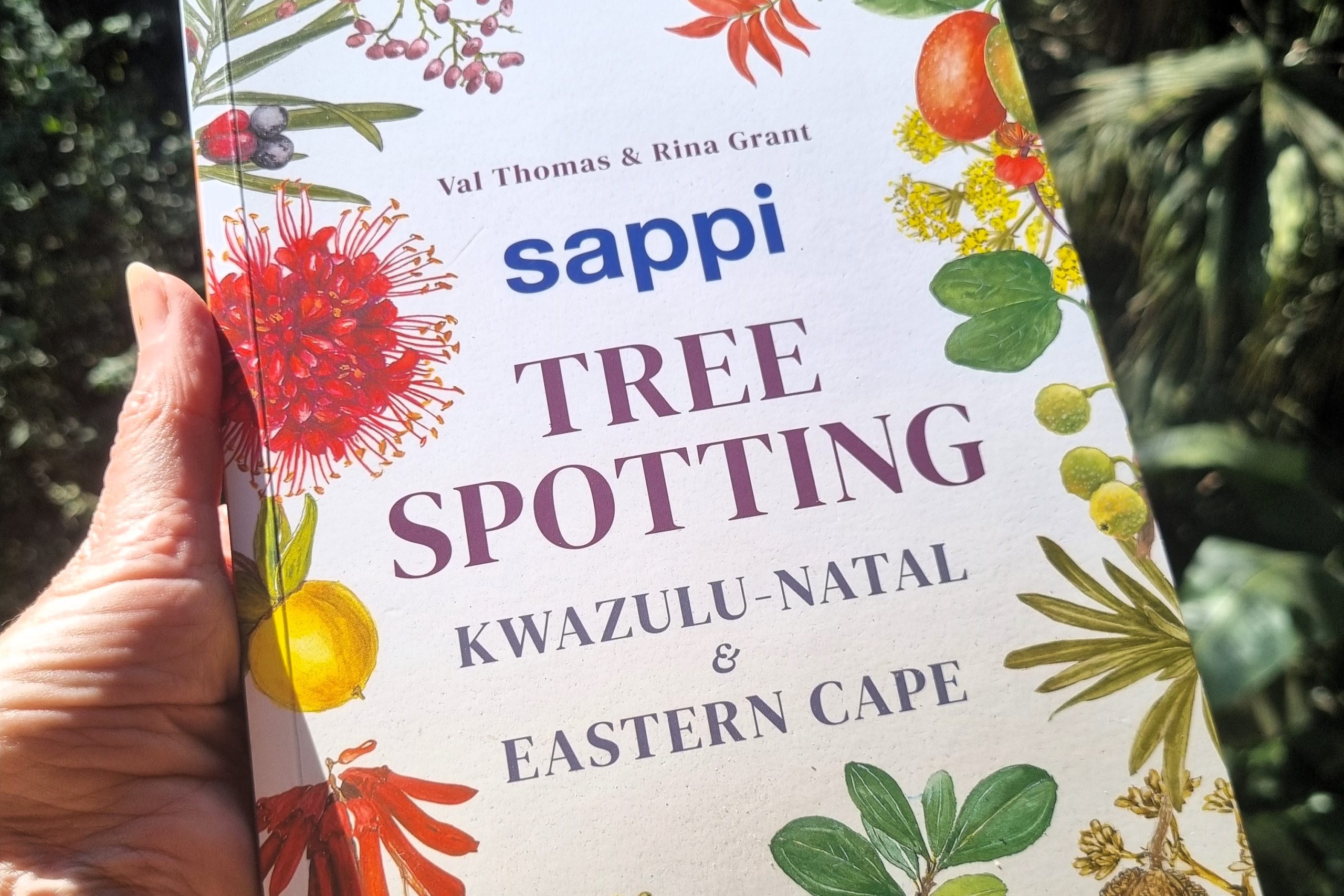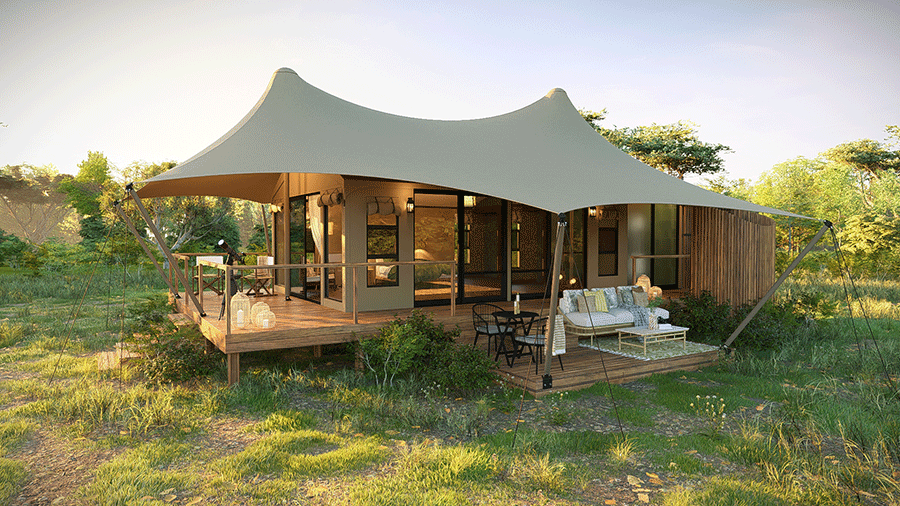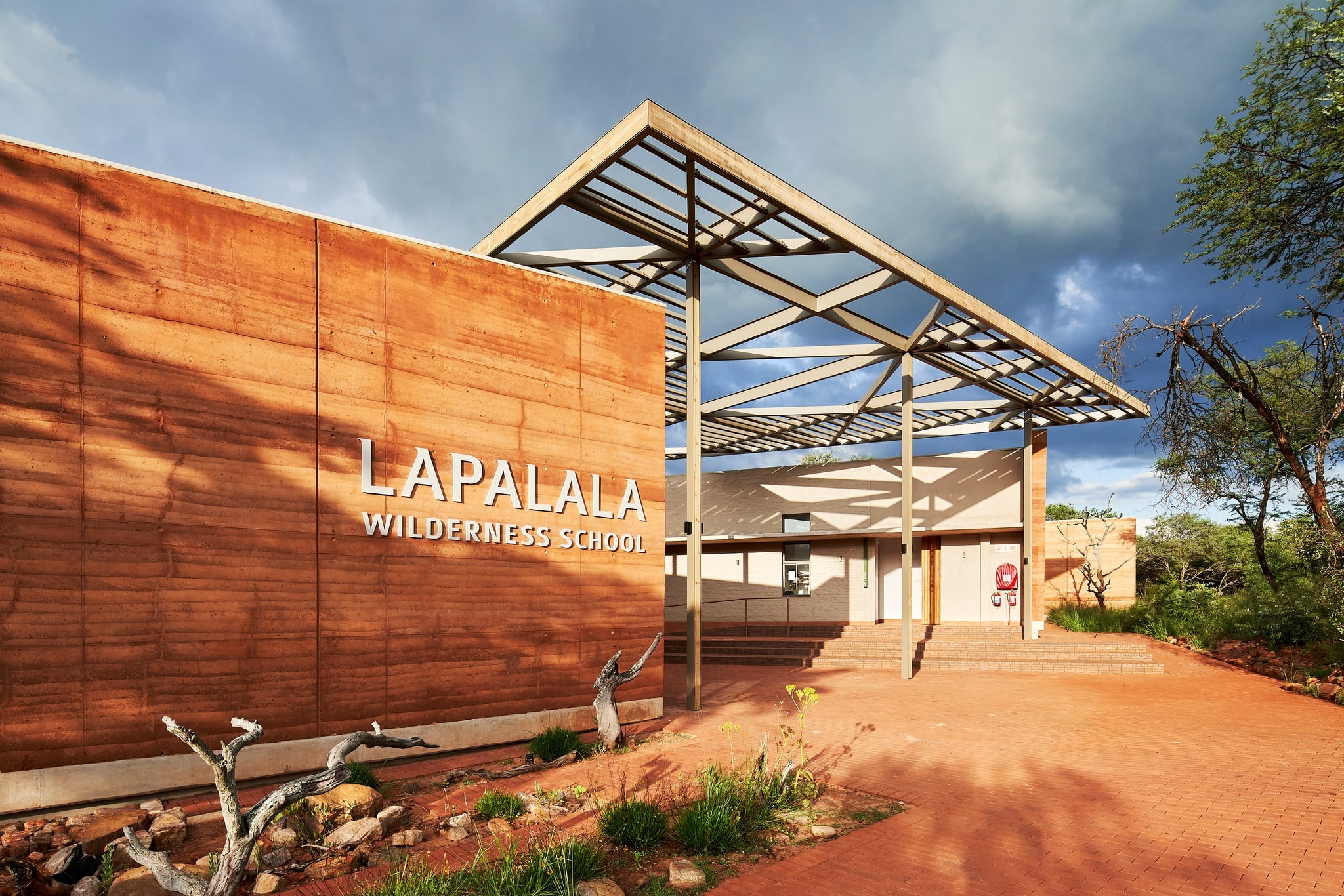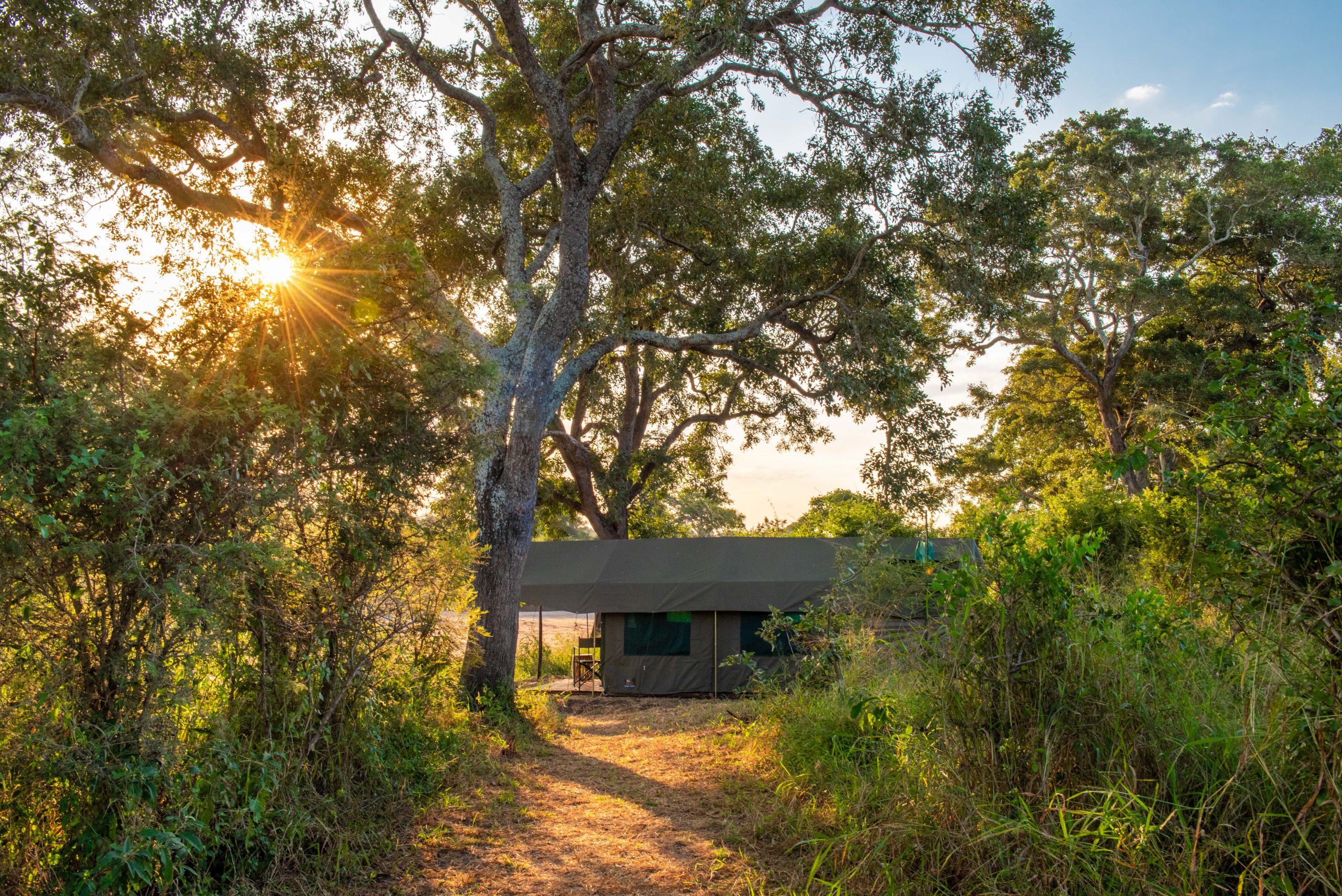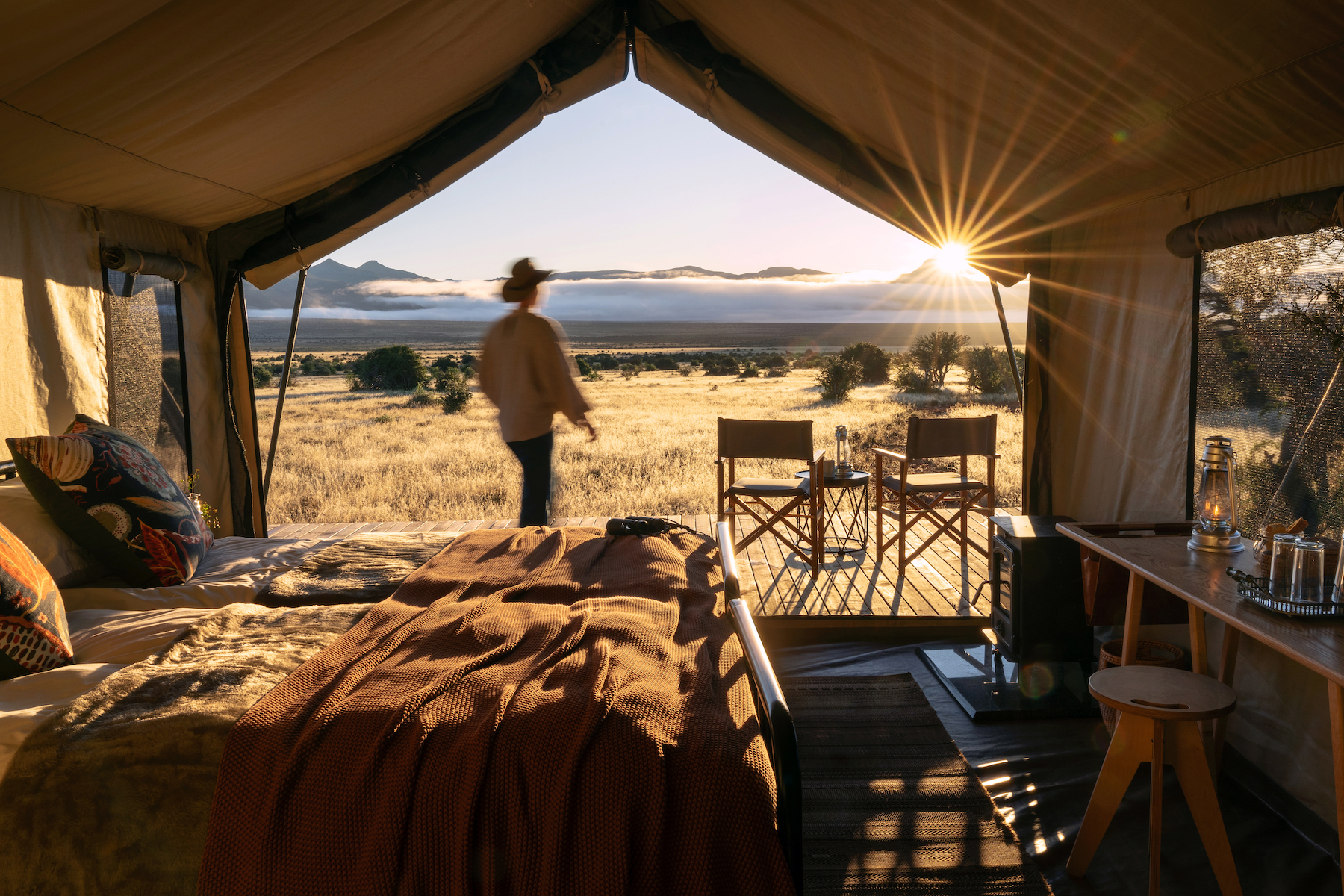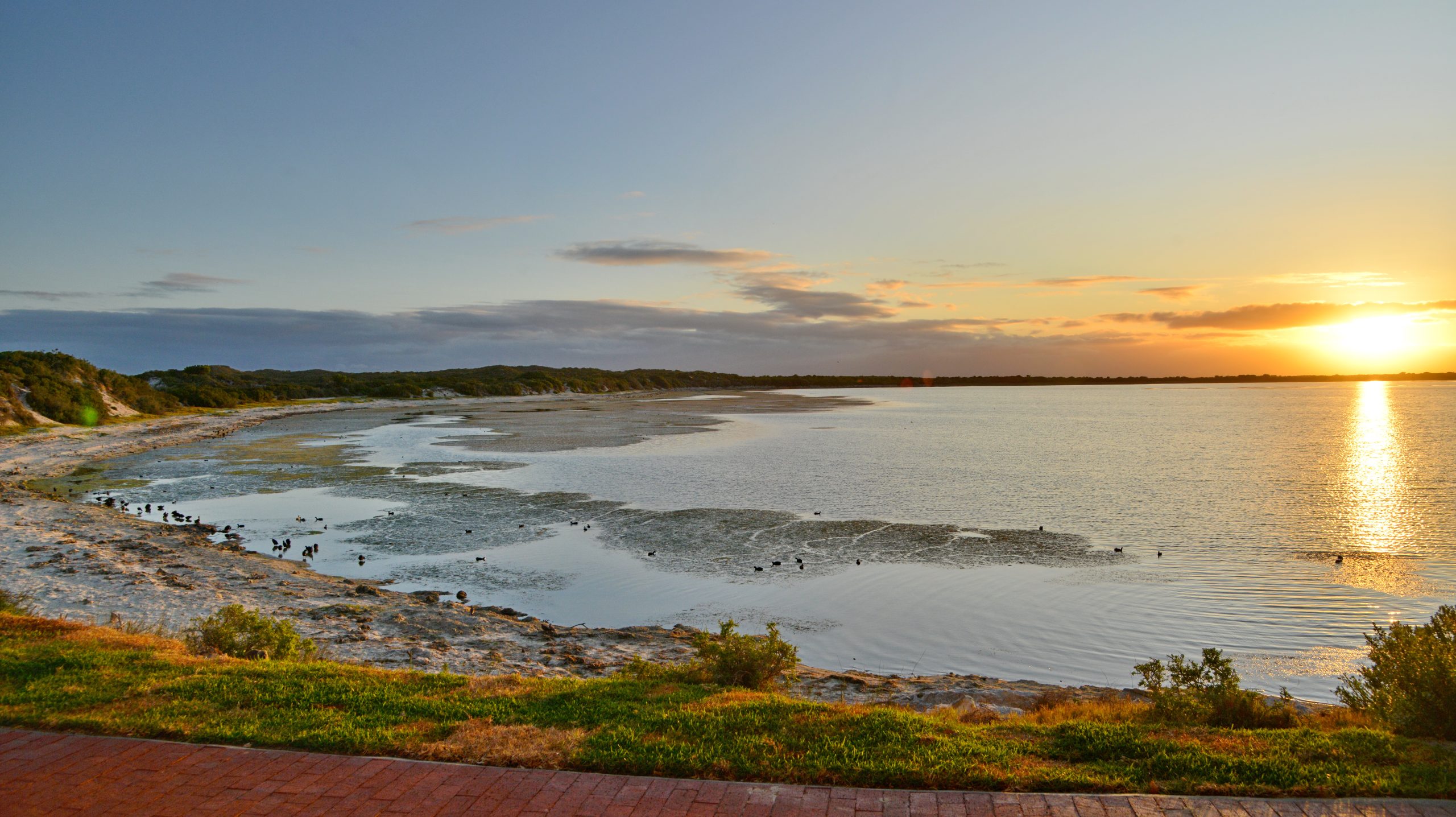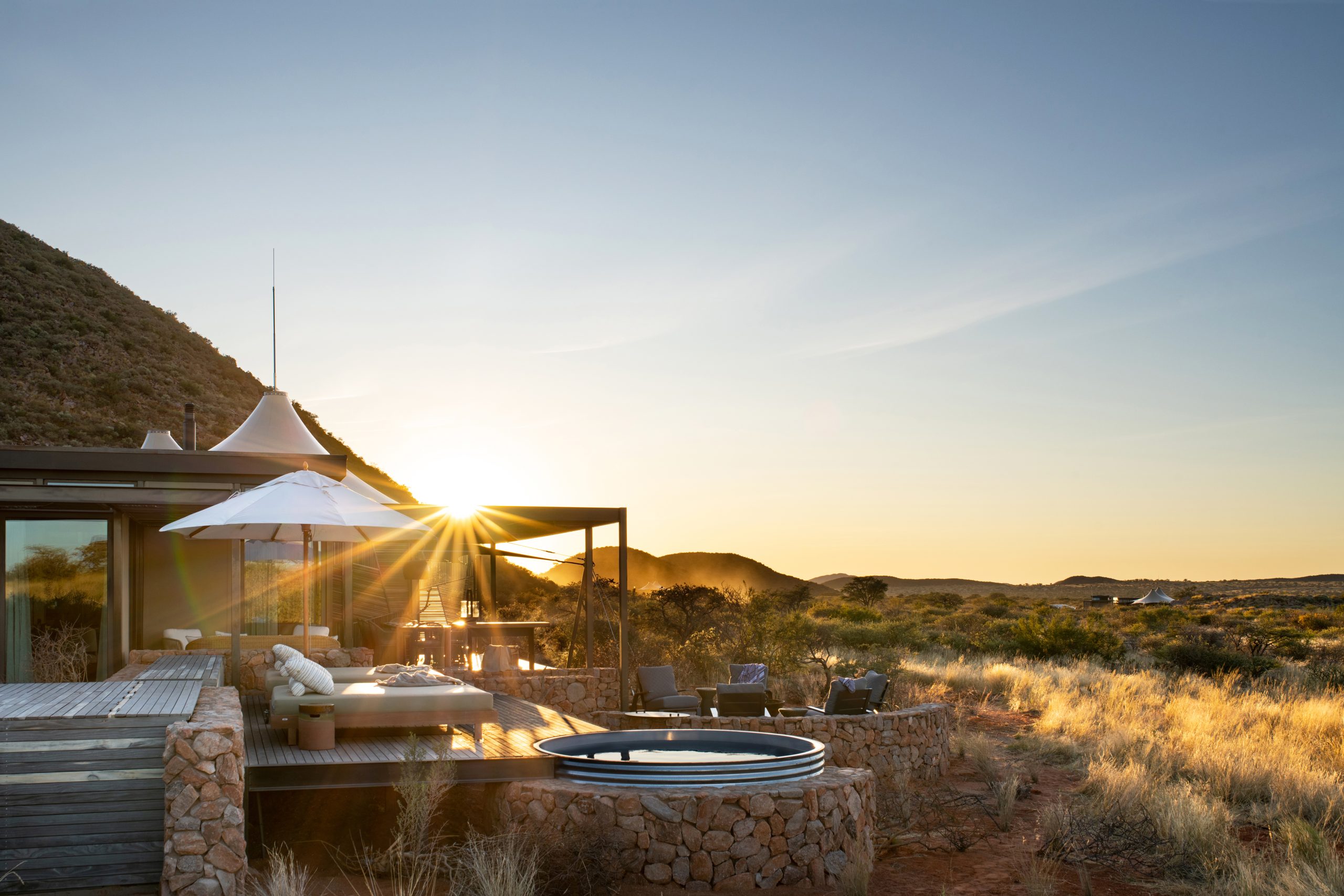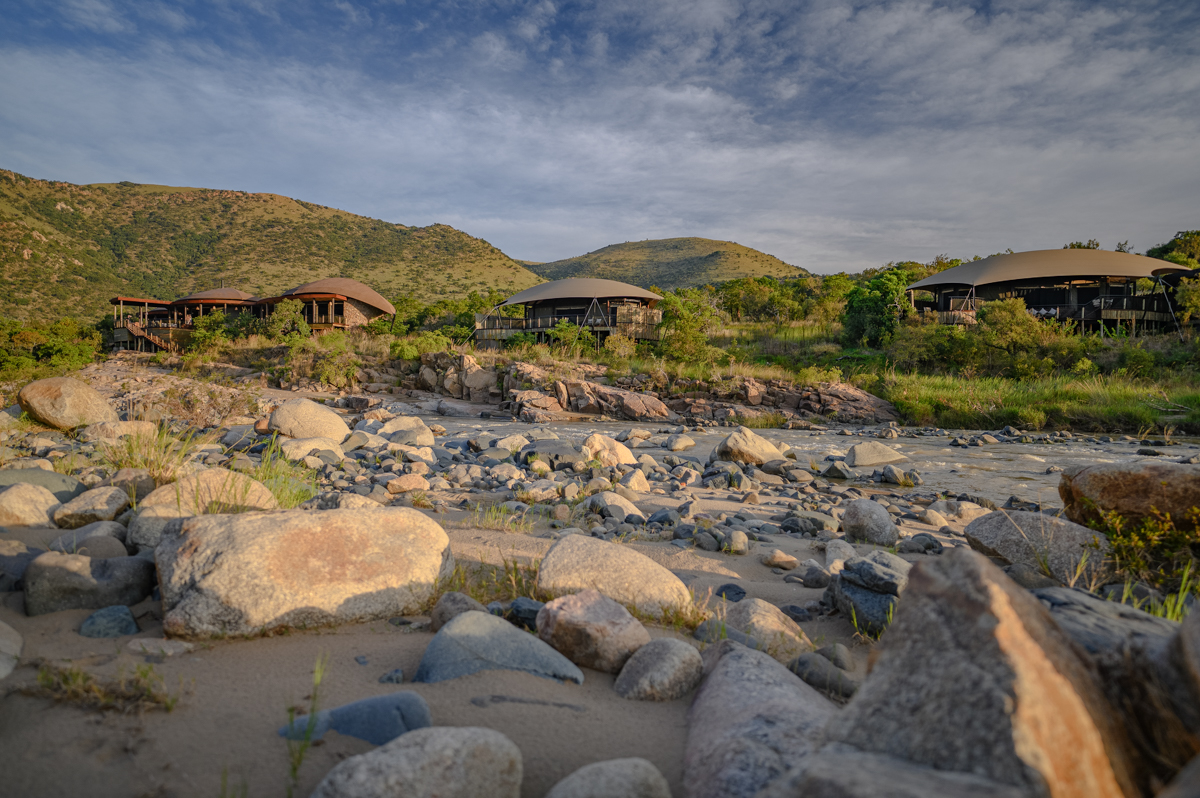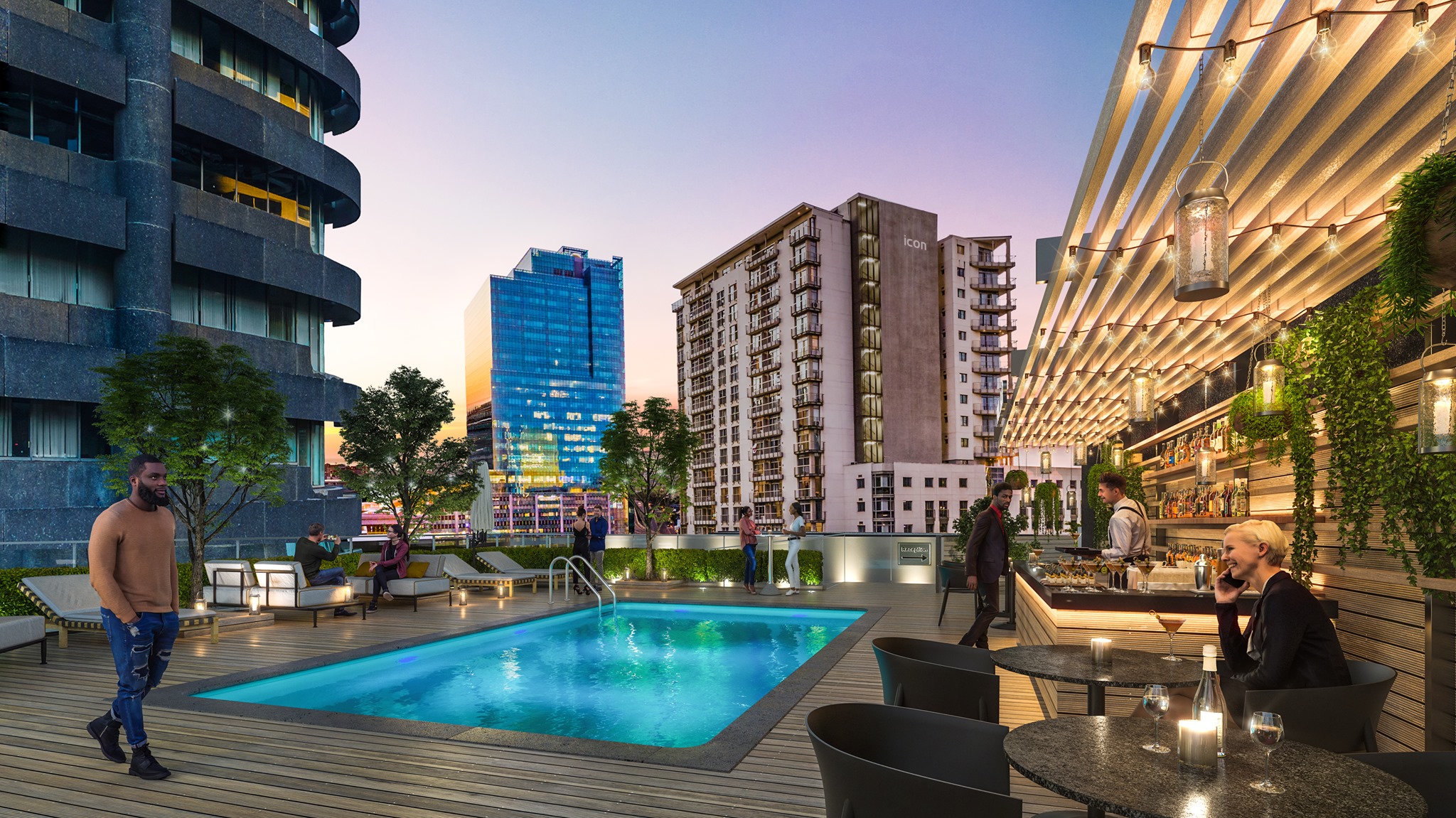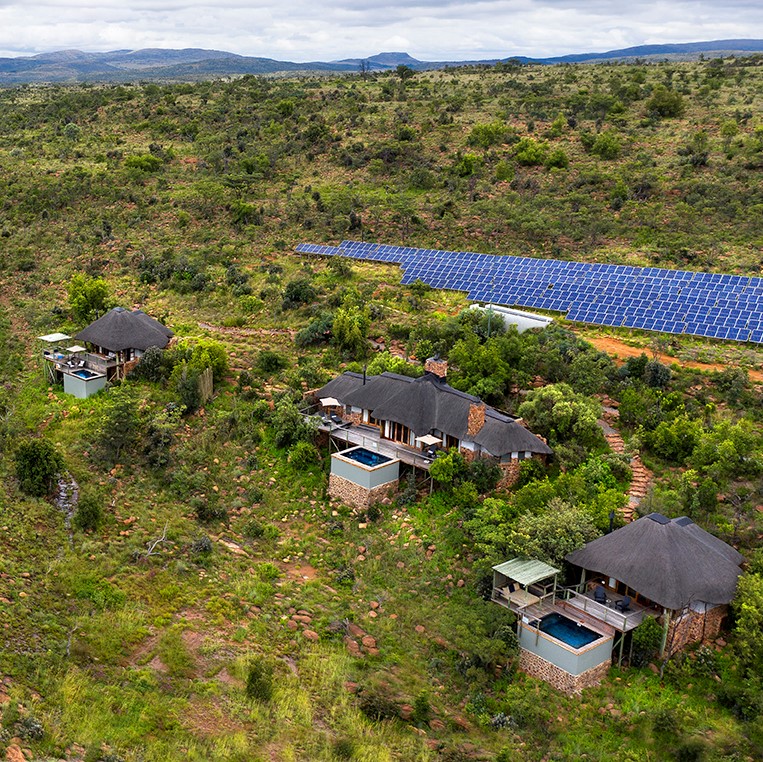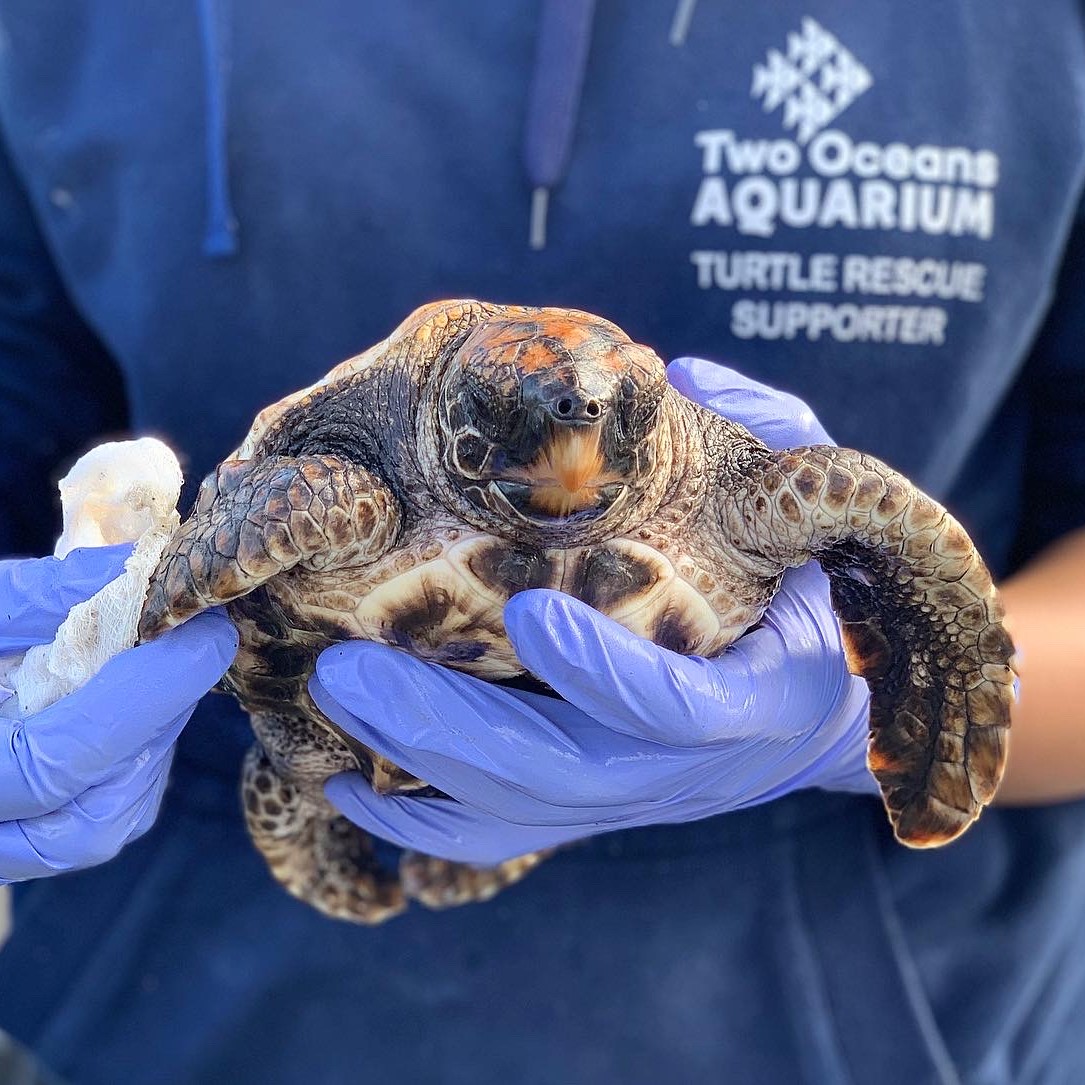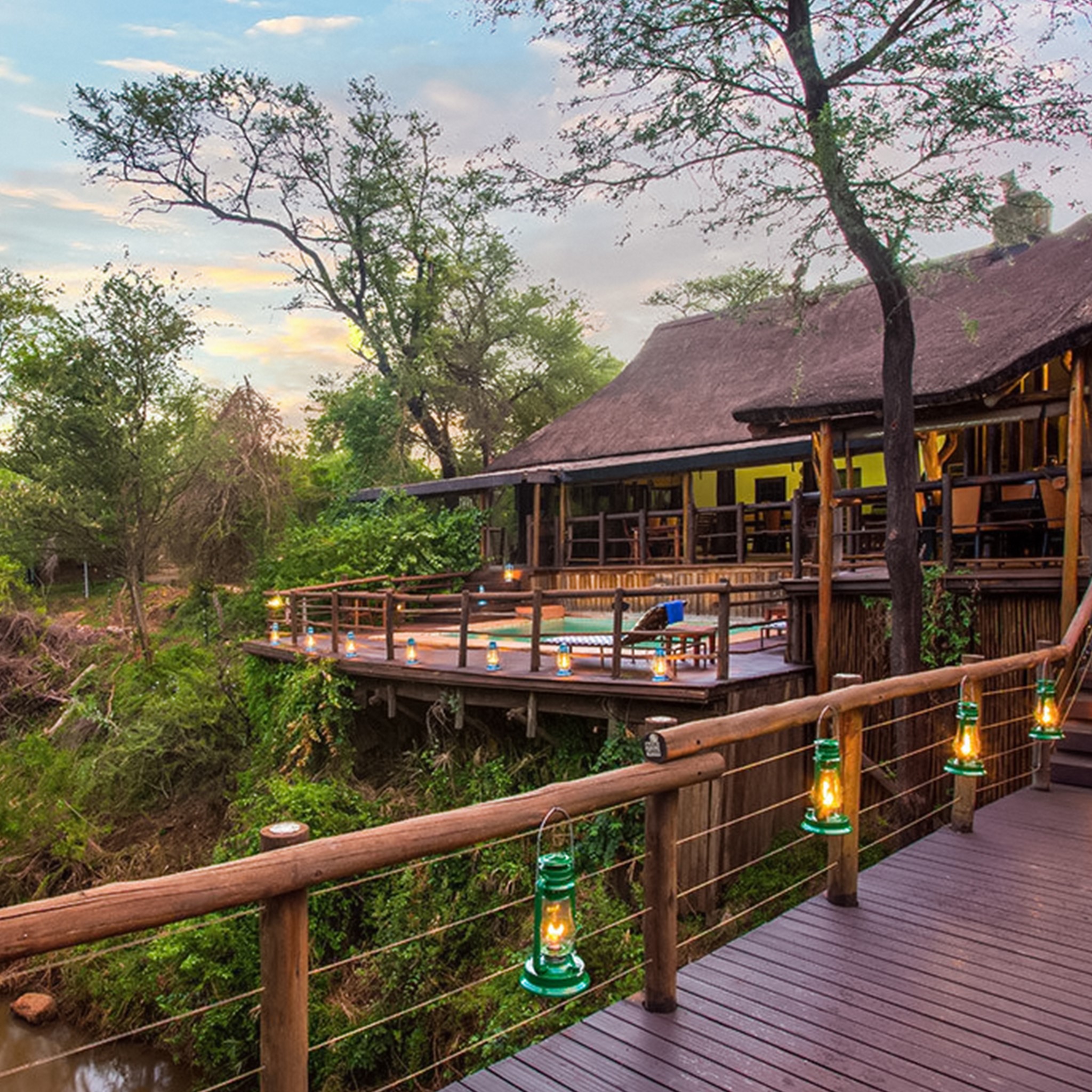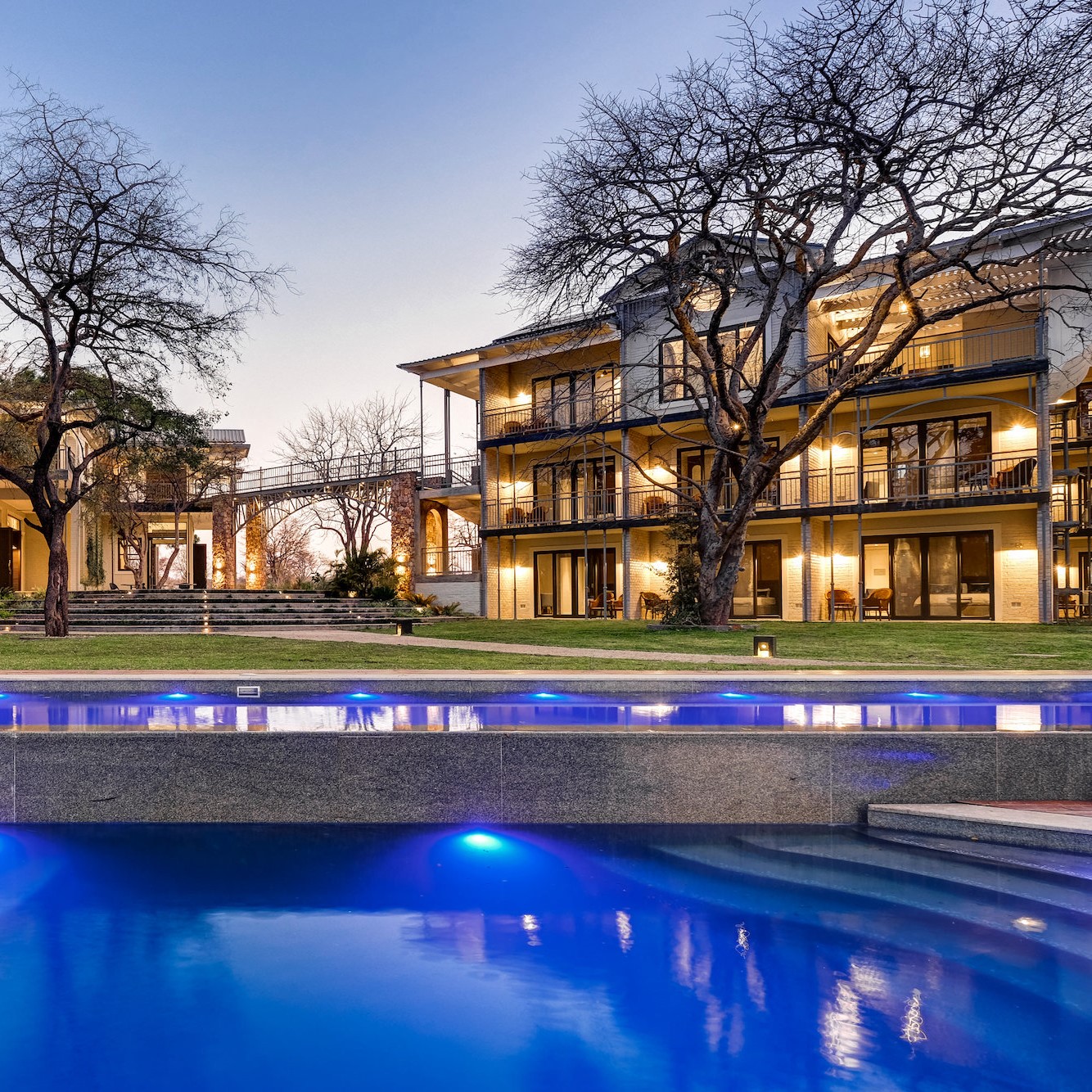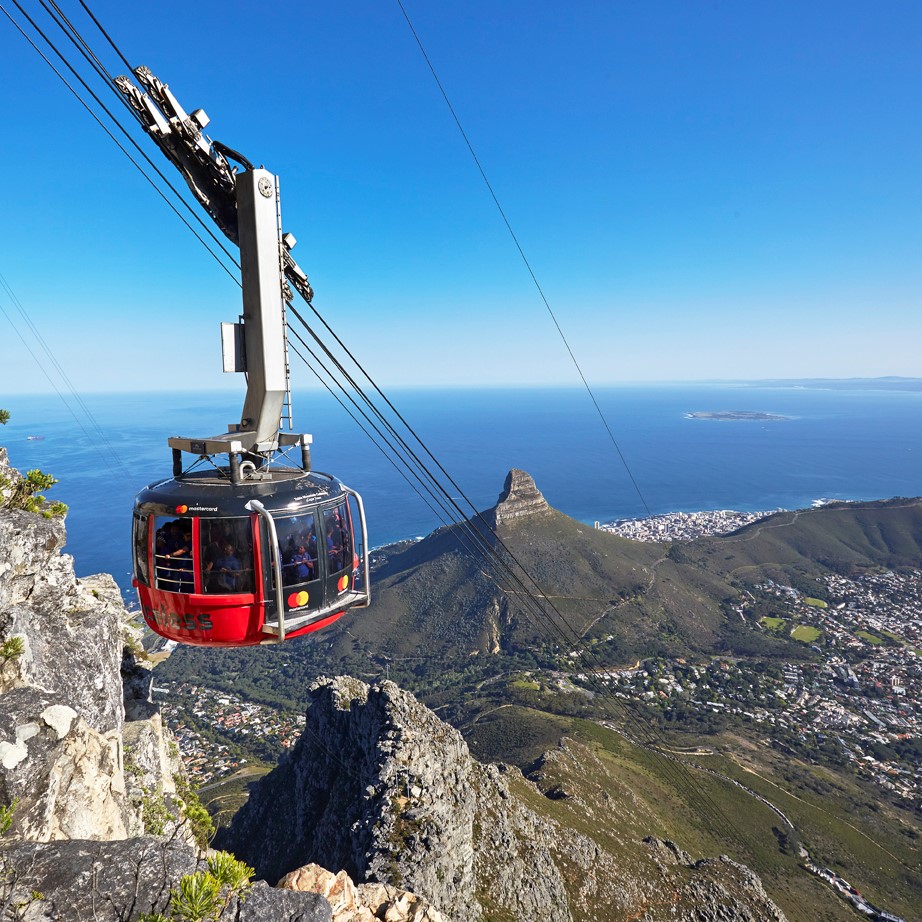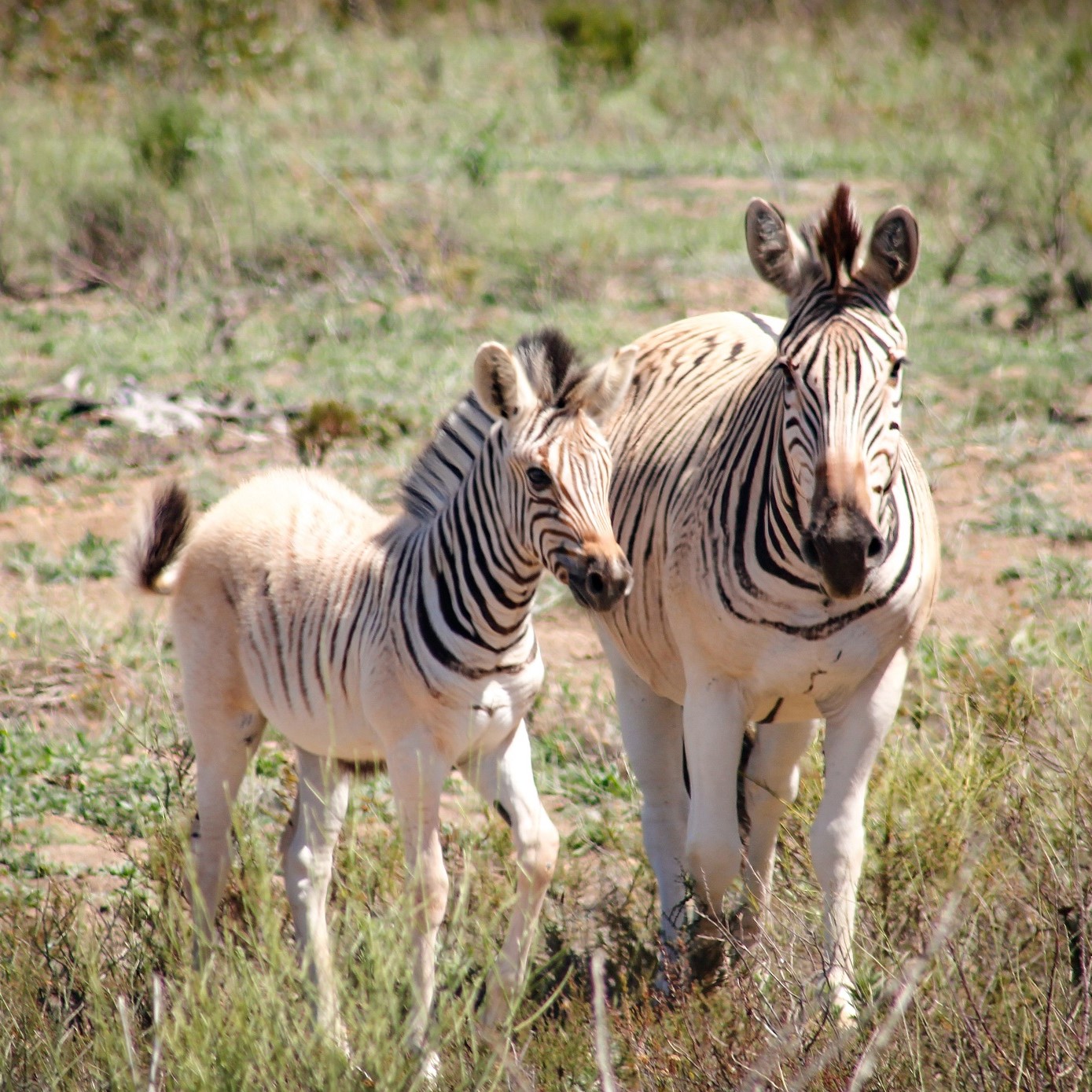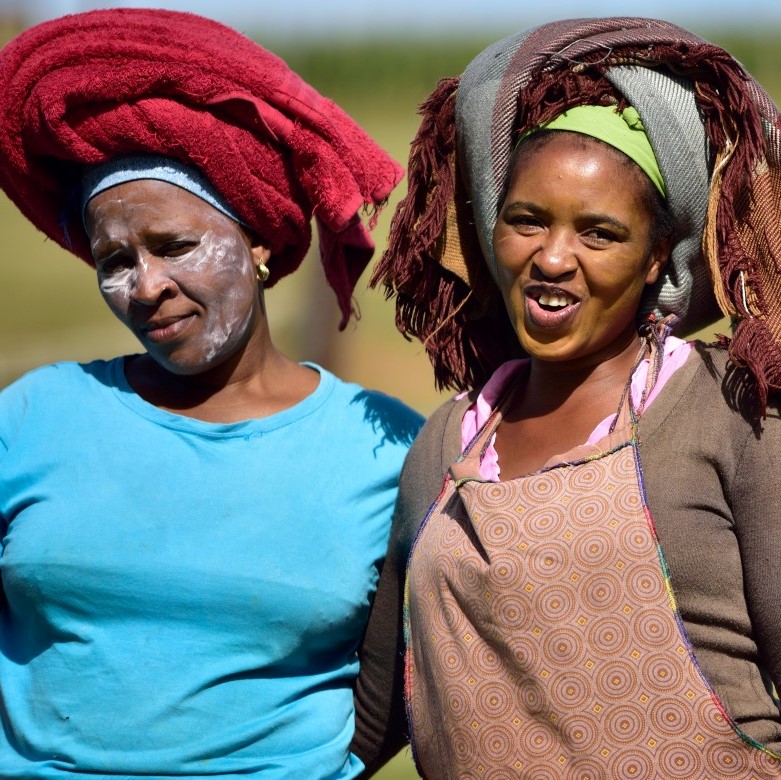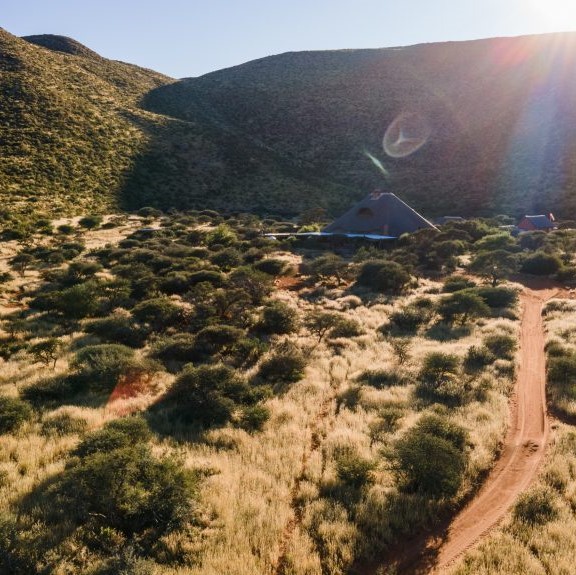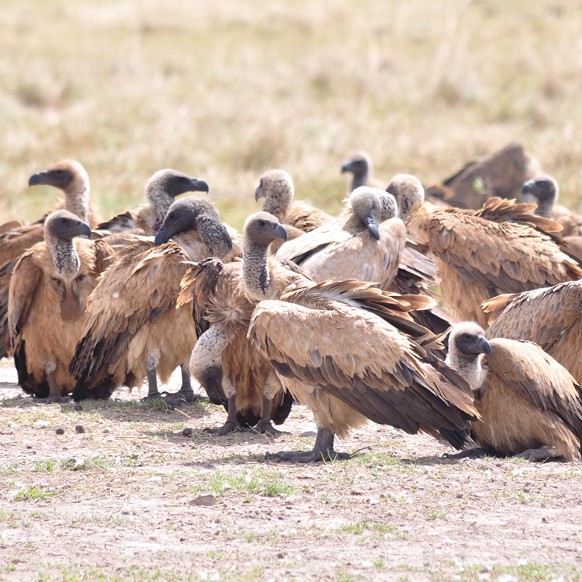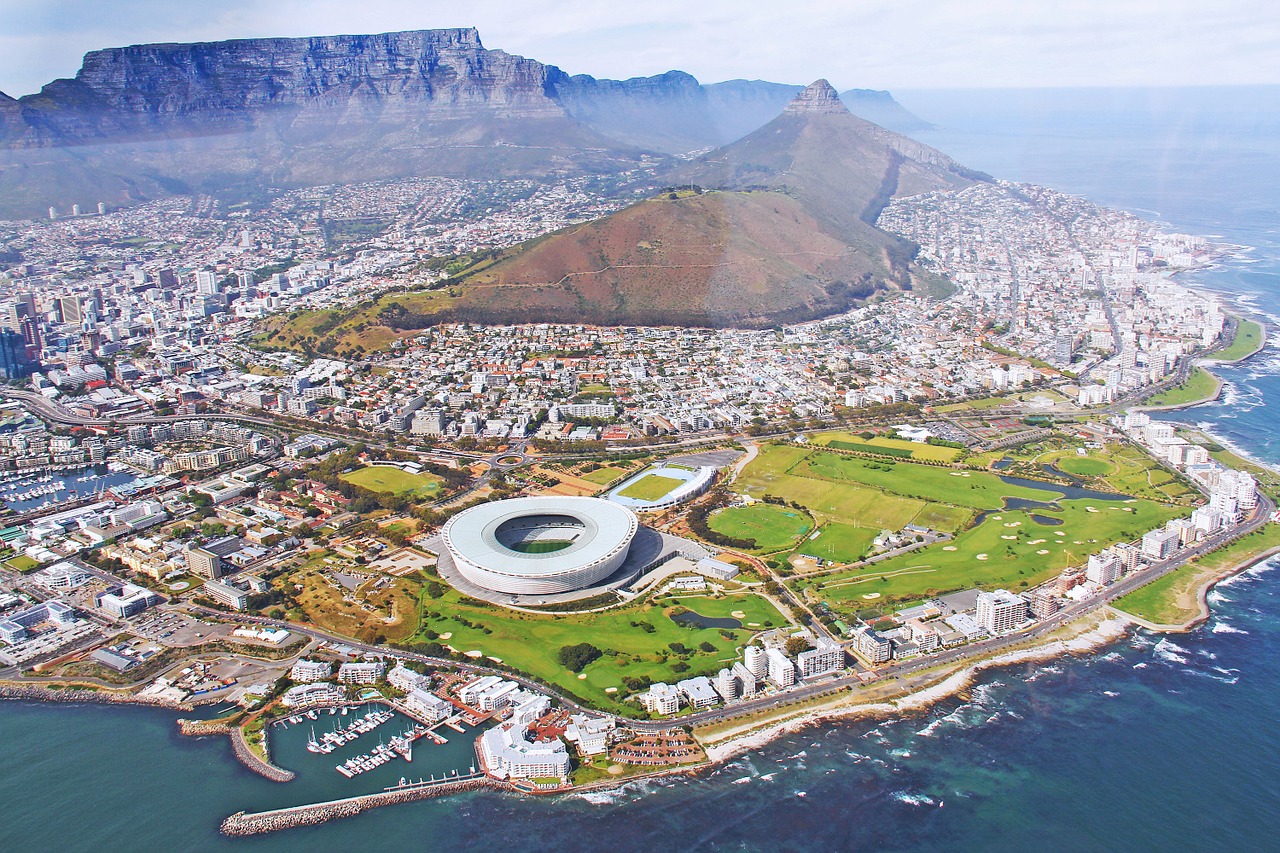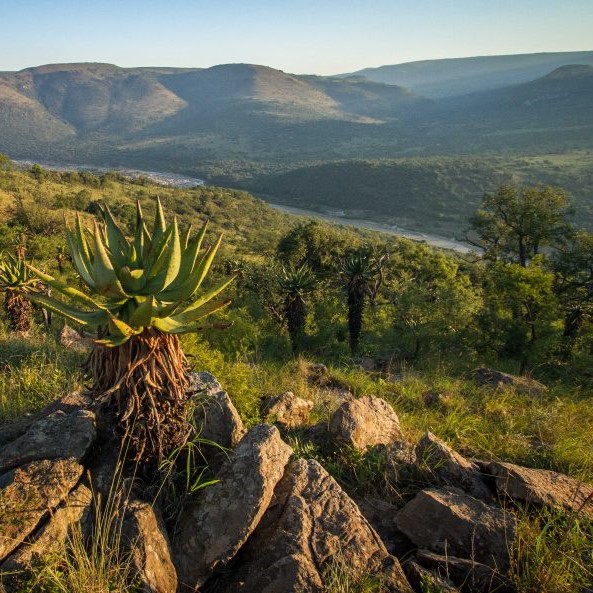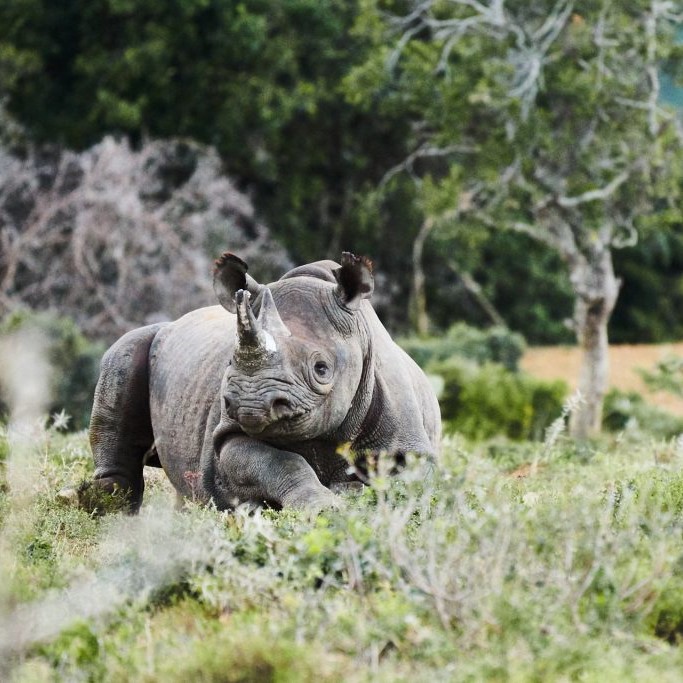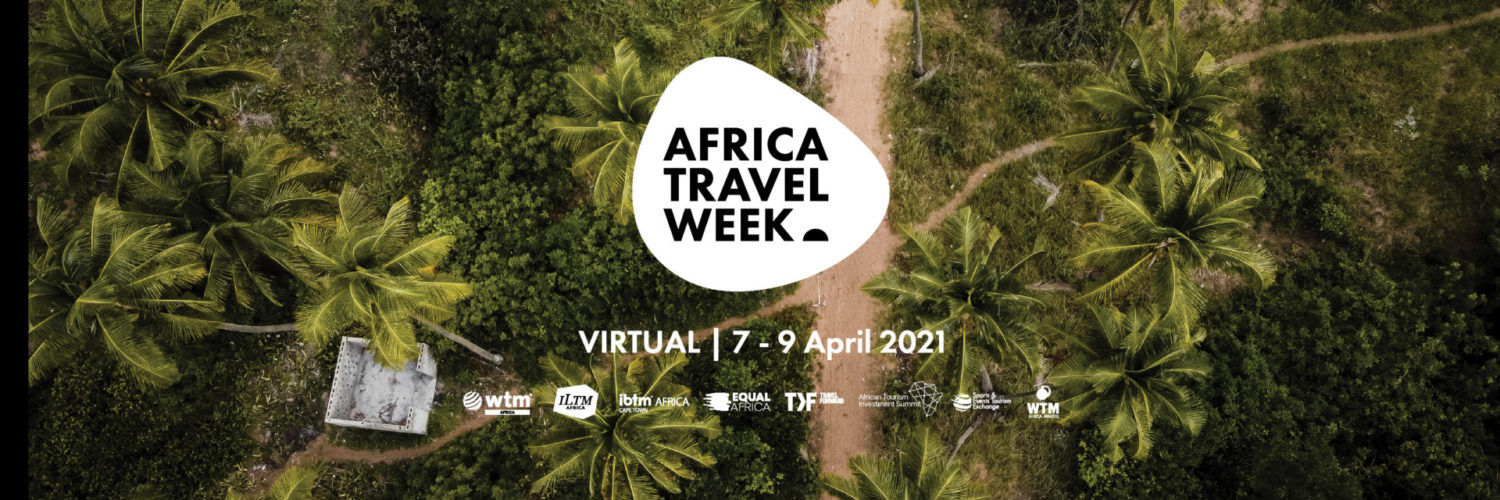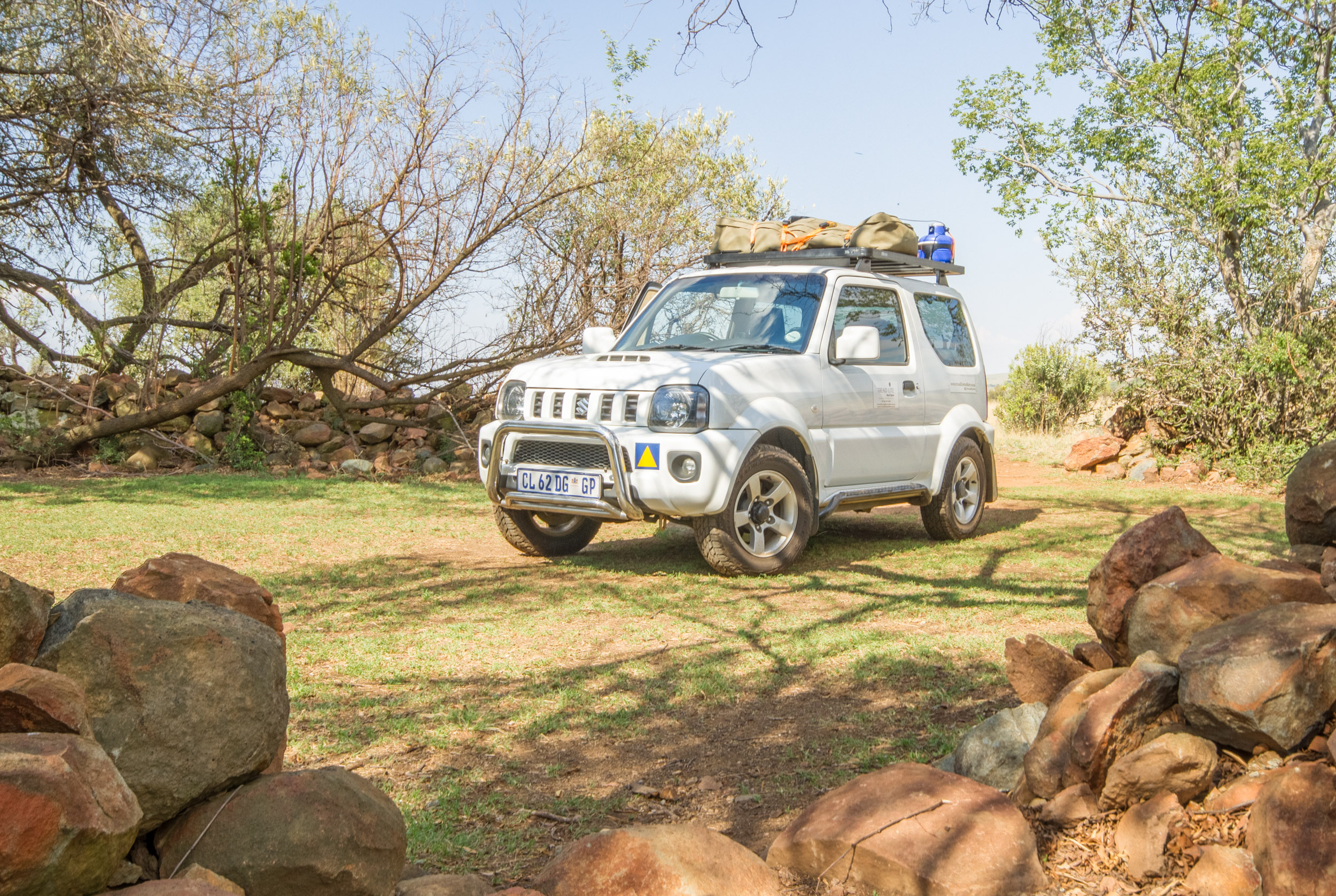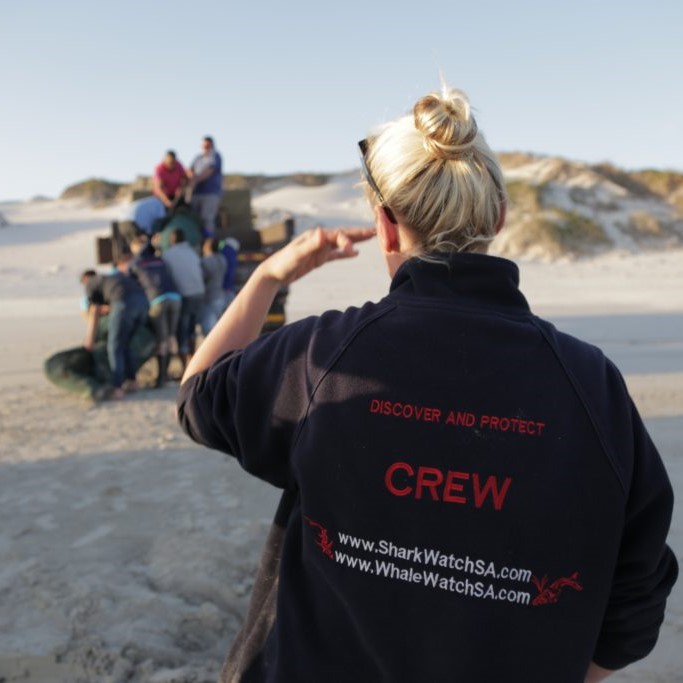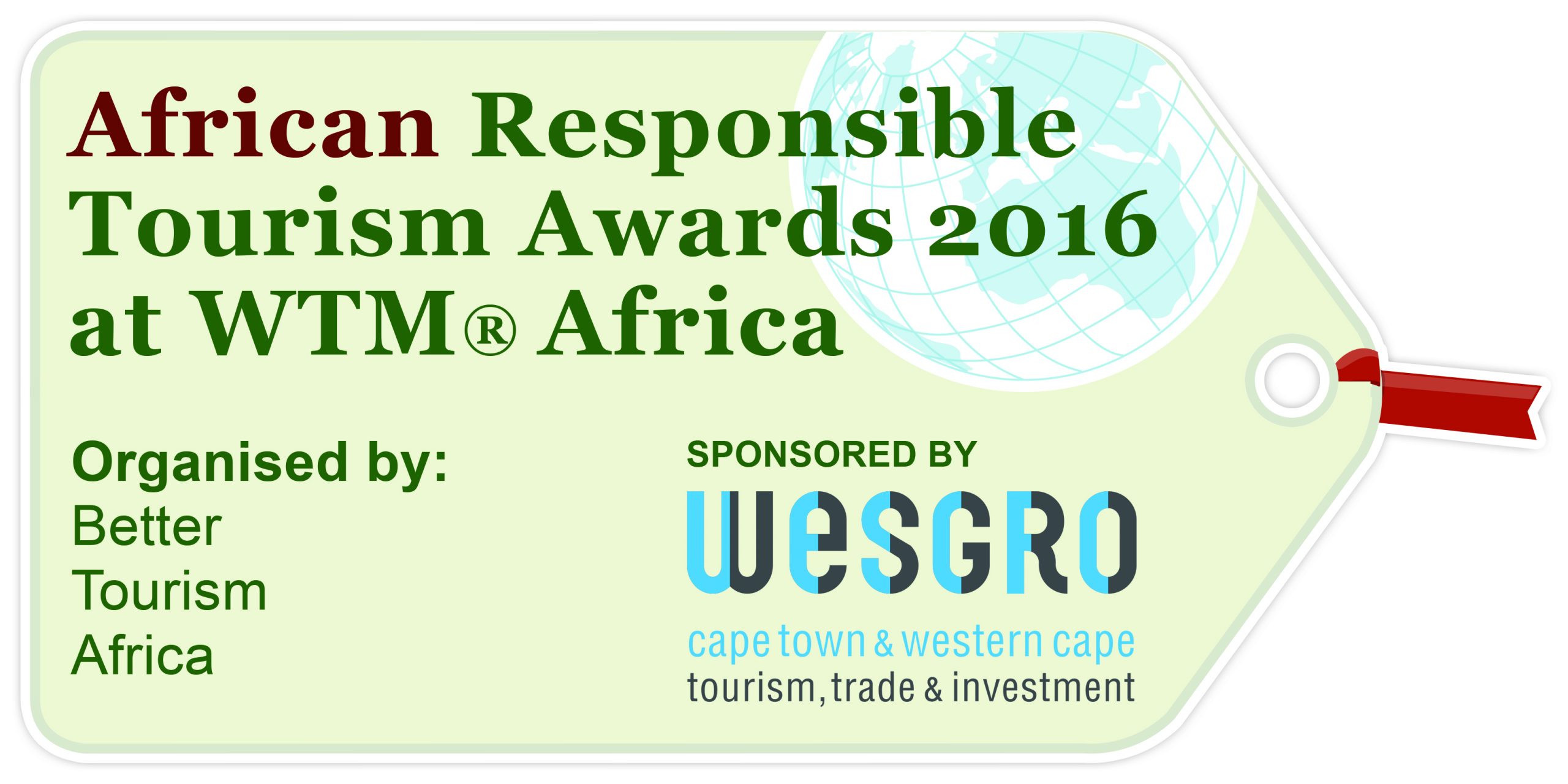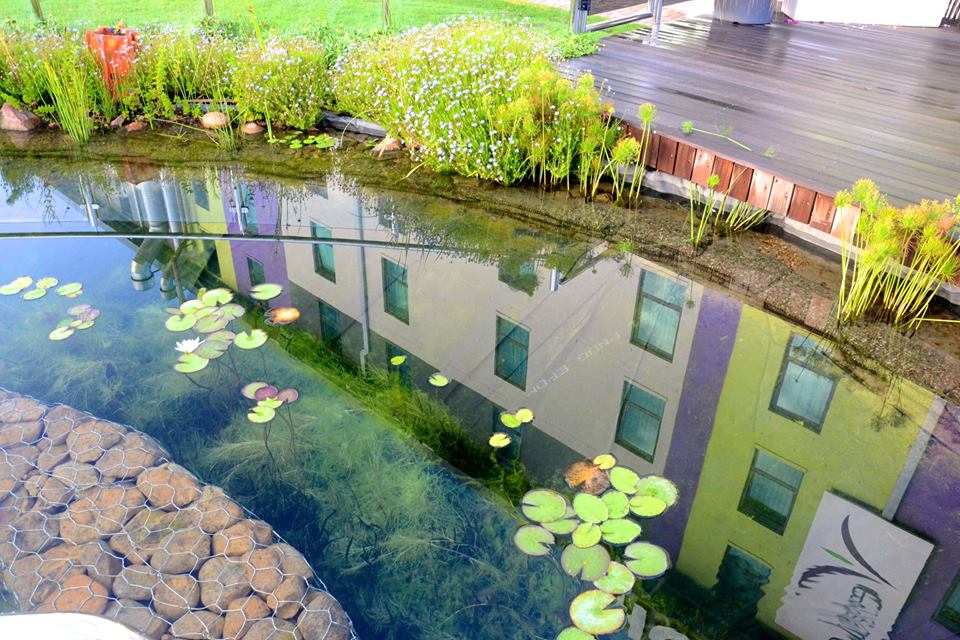The development and use of electric-powered game drive vehicles in South Africa has come a long way in the past ten years, enabling tourists to ‘tread lighter’ during their safari experiences and creating further opportunities for the tourism industry to become more sustainable.

Over and above the environmental impact, using an electric-powered ‘silent’ safari vehicle is particularly beneficial to the wildlife viewer and photographer, with significantly less noise to alarm and disturb animals and birds. The guides are able to get much closer to the wildlife without disturbing them, improving the overall experience. Added to this is the welcome lack of diesel fumes that can be off-putting for wildlife and visitors alike.
As early as 2011, Land Rover unveiled their electric Land Rover at South Africa’s Tourism Indaba in Durban. While there are not yet mass produced electric safari vehicles available, private companies in South Africa and Kenya are doing conversions of Toyota Land Cruisers and Land Rovers from diesel to electric, where the engine, gearbox and combustion components are replaced with an electric motor, batteries and control system.
Many of the major luxury safari companies have embraced the use of these converted vehicles, while some wait and focus on establishing their solar capabilities first. Steven Blatherwick is the owner of Electric Safari Vehicles and Electric Powered Vehicles Africa. His company is doing these conversions, and while it is a very costly exercise to do the conversion, he says that the move will pay for itself within 4-6 years.
Blatherwick’s first delivery was a Land Rover Defender conversion a few years ago to Londolozi Game Reserve. He says his company uses Tesla battery cells to which they install management software that increases the life on the cells. With a full charge, achieved within six hours (and it can be done via solar panels), their Defenders and Land Cruisers can do about 180km.

Londolozi is situated in the Sabi Sands Game Reserve on the western boundary of the Kruger National Park, and is one of the pioneers in the use of electric-powered vehicles in South Africa, developing their first prototype electric Land Rover in 2009. Their vision is for their game drive vehicles to run entirely on battery power, charged by solar panels. The carbon output would be zero, except for that used during the manufacturing of the vehicle.

Also located in Sabi Sands, Cheetah Plains is an award-winning luxury lodge and an ecotourism certified establishment with a wide range of initiatives driving their goal of a sustainable safari experience. All their guest accommodation is entirely off-grid and solar, and their twice-daily game drives use converted Land Cruiser Safari Vehicles.
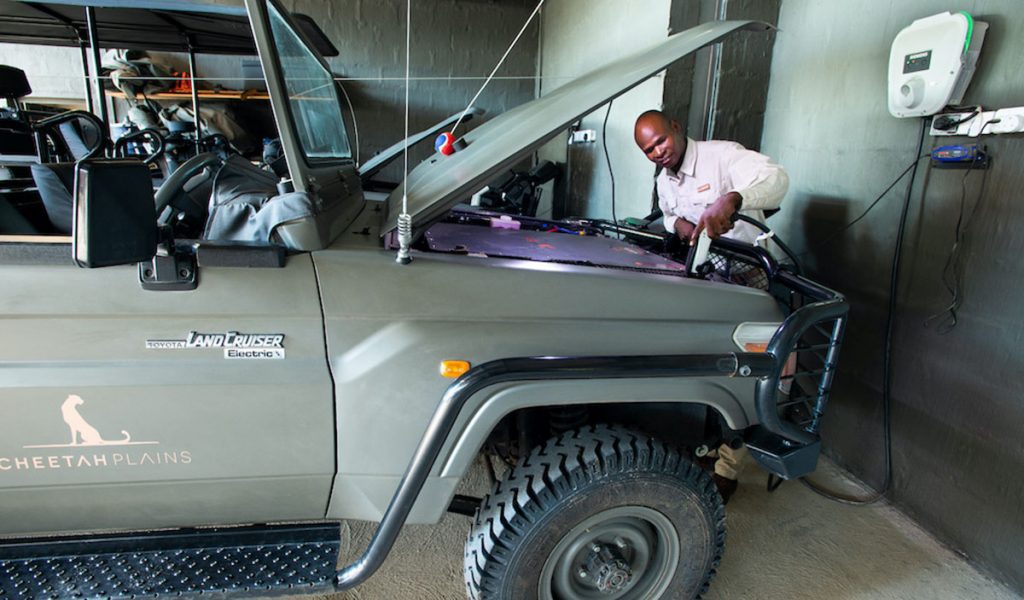
Tswalu Kalahari Reserve is in the southern Kalahari in the Northern Cape and is a privately owned, luxury safari experience with conservation at its core. Tswalu has been investing in the development and testing of an electric powered safari vehicle that can handle the harsh conditions in the Kalahari, and is on its way to having a fully functional electric safari vehicle later this year.
Andre van Kets from the Discover Africa Group says that their international clientele is increasingly asking about the sustainability elements of the safaris that they book: “Our clients want to know about the impact of their travels and they embrace the properties that are clearly making a difference. And with the electric safari vehicles, their game viewing experience is also enhanced by the quiet of the electric motor.”
What are the chances that cars to rent in South Africa will be electric-powered vehicles in the not too distant future?
Ellena van Tonder, Sales and Product Manager at Drive South Africa, says that the rental car industry is a way off from renting out electric vehicles: “At the moment the electric cars we are seeing purchased in South Africa are from the premium vehicle manufacturers, with correspondingly premium price tags. There will need to be a much greater saturation of electric vehicles in the market before we see car rental agencies adding them to their fleets, but we certainly look forward to that becoming a reality.”
That reality may be quite far off. Elon Musk’s Tesla Motors have not indicated an intention of marketing their industry-leading electric vehicles in South Africa. The handful of fully electric vehicle models available in South Africa are all priced at a premium, with the Mini Cooper SE being the least expensive at R 680 000.
Supplied Copy




